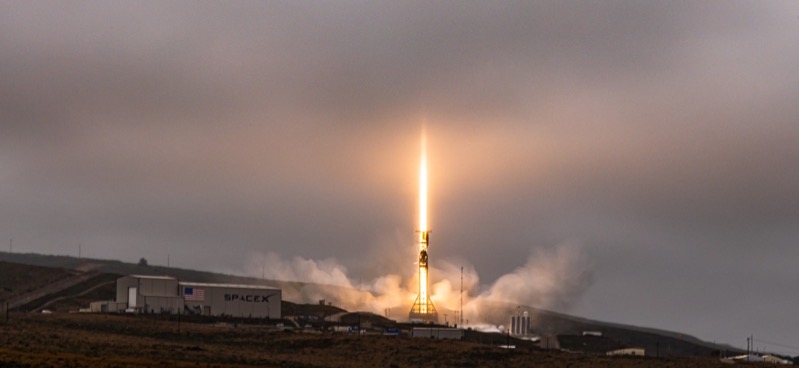
SpaceX Inks Deal to Launch European Satellites
SpaceX has secured a contract to launch up to four of Europe’s key navigation and secure communications satellites.
The agreement with the European Space Agency (ESA) calls for two launches next year, each carrying two Galileo satellites, according to Javier Benedicto, ESA’s director of navigation. Final approval from the European Commission and EU member states is expected by year’s end, reports the Wall Street Journal.
The deal marks a significant shift for European officials, who have been hesitant to rely on a U.S.-based company for launching critical infrastructure. However, delays in Europe’s Ariane rocket program and the decision to avoid Russian rockets due to the Ukraine conflict have left them with limited options.
This contract is SpaceX’s first with EU institutions to launch satellites containing classified equipment. It’s also the first time Galileo satellites will be launched from outside EU territory since test devices took off from Kazakhstan 15 years ago. This has led the U.S. and the EU to initiate talks on protecting classified information in the satellites.
SpaceX’s growing presence in Europe comes as local competitors face challenges. French launch operator Arianespace has ceased using Russian Soyuz rockets, and its forthcoming Ariane 6 rocket has been delayed. Meanwhile, other European companies like PLD Space and Rocket Factory Augsburg are still in the development phase.
The Galileo satellites are crucial for the EU’s satellite-navigation system, providing it autonomy from the U.S. Global Positioning System and China. They also manage encrypted communications for European governments. Benedicto stated that while the existing Galileo satellites are not at immediate risk, launching additional ones would enhance the network’s robustness.
The deal’s future implications remain uncertain, particularly concerning whether SpaceX will be contracted for additional Galileo launches. This may depend on the progress of the Ariane 6, slated for its inaugural launch in 2024.


